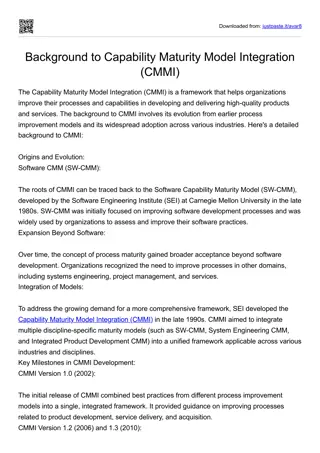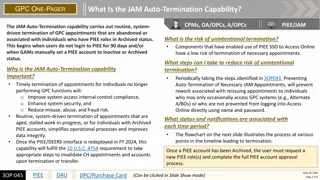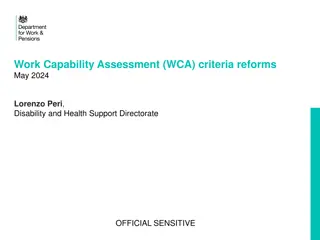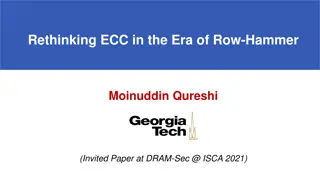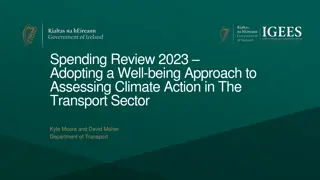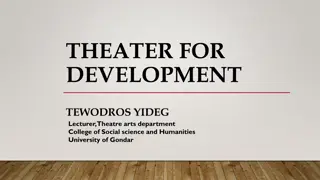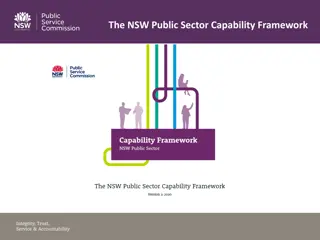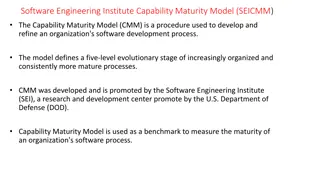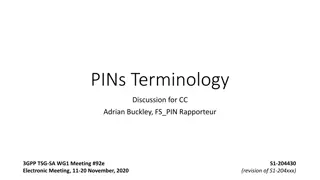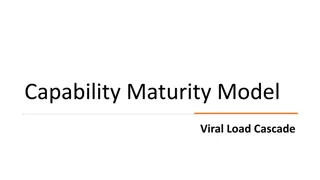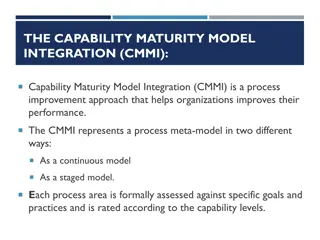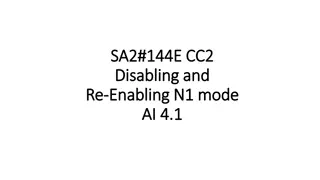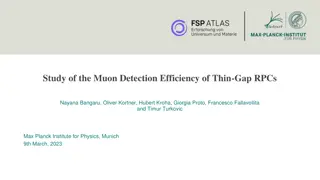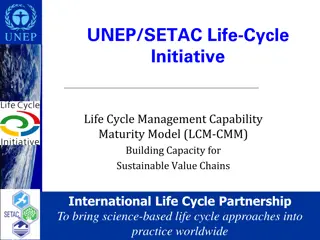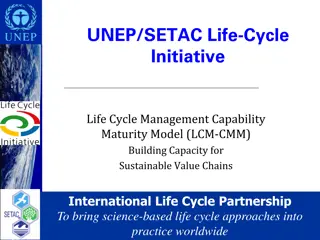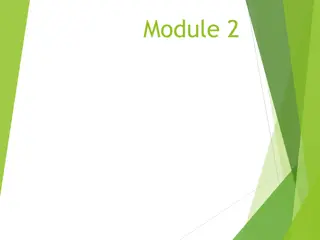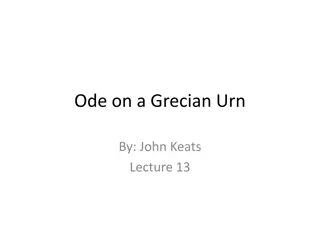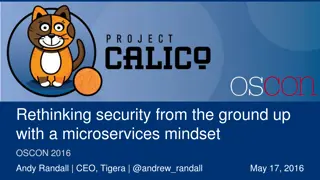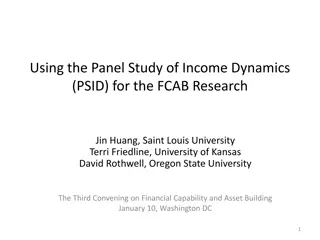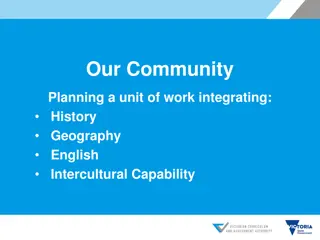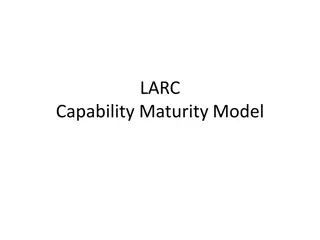Rethinking Development: Perspectives on Human Capability and Well-being
Explore alternative conceptualizations of development beyond economic growth, focusing on human capability and freedom. Learn about Amartya Sen's capability approach and Manuel Castells' perspective on inclusion-exclusion in the Network Society. Discover the Human Development Index, Martha Nussbaum's Capability Approach, and the shift from viewing individuals as patients to agents of change.
Download Presentation

Please find below an Image/Link to download the presentation.
The content on the website is provided AS IS for your information and personal use only. It may not be sold, licensed, or shared on other websites without obtaining consent from the author. Download presentation by click this link. If you encounter any issues during the download, it is possible that the publisher has removed the file from their server.
E N D
Presentation Transcript
Alternative conceptualization of better : Sen and Castells Sundeep Sahay
Alternative conceptualization of better Alternative to an economic growth based perspective on development Amartya Sen Perspective on human development Capability Approach Manuel Castells Perspective on exclusion- inclusion the Network Society 3
Amartya Sens capabilityapproach Development can be seen as a process of expanding the real freedoms that people enjoy. [ ] Focusing particularly on people s capability to choose the lives they havereasontovalue (Sen1999) Freedom has bothintrinsic value and instrumentalvalue
Thapa,D.andSaeb,.(2014),Exploringthe linkbetweenICTanddevelopmentinthecontextof developing countries:aliteraturereview ,TheElectronicJournalof InformationSystemsinDevelopingCountries,Vol.64, 3
Human DevelopmentIndex WithMahbubulHaq integration into development measurement anddevelopmentof theHDIfrom 1990 Three keyparameters Education levelofliteracy Health -lifeexpectancy Income distribution paritiesof income
Functionings andCapabilities A functioning is an achievement, whereas a capabilityistheabilityto achieve.Functioningsare, inasense,moredirectlyrelatedto livingconditions, sincetheyaredifferentaspectsof livingconditions. Capabilities, in contrast, are notions of freedom, in thepositivesense:whatrealopportunitiesyouhave regardingthelifeyoumaylead . (Sen, 1987, p.36).
MarthaNussbaumsCapabilityApproach Developed independently from Sen s Identifiescentralhumancapabilities 1)Life 2)BodilyHealth 3)BodilyIntegrity 4)Senses, Imagination, andThought 5)Emotions 6)PracticalReason 7)Affiliation 8)OtherSpecies 9)Play 10)Control over one'sEnvironment.
From patient toagent Apersonisthus viewedasan agent , asopposed to a patient whose well-being or the absenceof well-beingistheonlyconcern(Robeyns,2005). Concernfor: - Participation - Publicdebateinthe publicsphere - Democraticpractice - Empowerment
Example Measuringgenderequityintermsof women s agency Growth-oriented approaches measureswomen s deprivationintermsofincomegaps Women swelfareasinstrumentalto thewellbeingof others and economicgrowth Senfocusesonthedeprivationof capabilities E.g. access tohealthcare, education, autonomy
FromDigitalDivideto MultipleInequalities The DigitalDivide A technological divide An economic divide A socio-cultural divide AGender Divide
ConversionFactors,Choice,Outcome PersonalPreference, social pressure and other decision- makingmechanisms Personal, socialand environmental conversionfactors Capabilities Commodities Achieved functionings = (Characteristics ofTechnologies) Choice Effective Opportunities Meansto Achieve Freedom to Achieve Achievement ApplyingtheCapabilitiesApproachto ICT4D
Critique onSen Insufficienttheorizationonstructureandpower Unableto address entrenchedpowerandthe politics of conflictorsocialmobilization (Navarro 2000) aneedto distinguishthe typeof structuresfavorable for individualagency(StewartandDeneulin2002) Focuses on individual agency rather than collective mobilization (Fukuda-Parr2002); TheCAseesindividualsasactiveagentsof change; Theneedfor collectiveactionto influencepublic policy (Stewart and Deneulin2002) 15
Manuel Castells the network society Develops a grand narrative of the present where the entire planet is capitalist Volume I - The Network society - outlines basic tenets of a network society Volume II - The Power of Identity - outlines various processes of social change Volume III - End of Millennium - processes of historical transformation 15
Key thesis Relation between IT-Globalization-Social Development Two key trends in the information age New capitalism - global and informational Challenged by social movements based on cultural singularity - affirming identity Dialectical opposition of self and the net 16
Understanding network society Network basic form of social structure Social interactions occur with a networking logic Example stock exchange Not restricted to financial systems, example peace networks, black lives matter , MeToo etc Networks not new, informational basis and its global nature is what is new 17
Network society and ICTs Information - raw material and also outcome ICTs are pervasive - all aspects of life ITs foster a networking logic because it allows to deal with complexity, which in itself is increased by IT Specific ITs converge into highly integrated systems 18
Key characteristics Represents a structural transformation (production, power and experience) Social processes organized around networks Studying the logic of these networks Logic of the power of flows dominate flows of power ( flow society ) Social morphology dominates social action - pace of flows defined by timeless time and placeless space 19
Network society and power Not rooted in institutions as before the power of the church or the family Located in networks Lies in codes of information Three kinds of dichotomies are inherent net and the self timeless time and placeless self inclusion and exclusion 20
Relevant to us with respect to understanding better The notion of counter networks Castells thesis is that if you are not in the network society, you will be excluded and further systematically marginalized in the past, colonization was exercised by going there, but in the network society, colonization is exercised by not going there For marginalized, to enter the network society, you have to create counter networks Only when information is visible, can we act 21
Counter network Why counter ? Historically excluded Capacities deficencies Infrastructure inadequacies So, it is not about plug and play in the network But it takes extra, time and innovative approaches to build counter networks 22
Counter peace networks North Kenya, plagued by inter-ethnic conflict around 2008 elections Building over time, communities affected by the voilence, and mobilize them as peace networks SMS based reporting was a tool used to make potential voilence solutions visible Based on this information, conflict mitigation efforts were initiated 23
Counter health networks Strengthening health equities within a deprived region in north Mozambique Electronic systems can help them make their health problems visible to the authorities as a basis to strengthen advocacy efforts But given their historical deprivations, challenging for them to join the network Long term, sustained effort, based on innovative efforts to include them in the network the counter health network 24
Concluding: alternative views on better Sen gives us the notion of better through the human development perspective Castells gives us the notion of better through the inclusion/exclusion perspective framed within network society thinking 25


